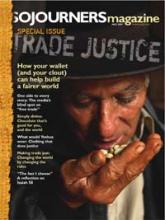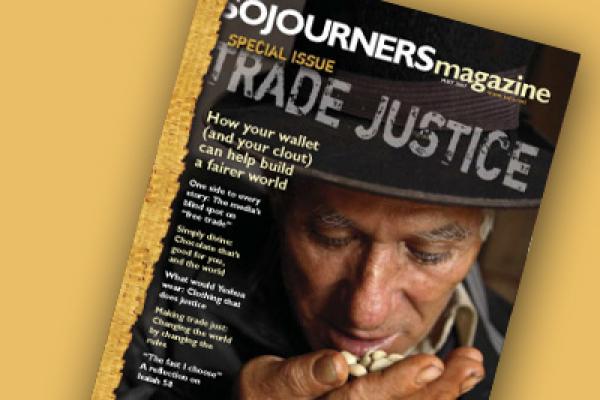Back in late 1970s Britain, fair trade was a church hall affair, with evangelicals nobly drinking unpalatable instant coffee and giving each other jute hanging baskets for Christmas. Thirty years later it's all about large, high-profit companies trying to establish ethical trading credentials and major supermarket chains selling gourmet fair trade goods. Local municipalities are clambering over each other to declare themselves "Fairtrade Zones" and Scotland and Wales are seeking to declare themselves "fair trade nations." What caused this cultural shift?
Possibly the most surprising thing about fair trade's rise as a hot issue in Britain is that evangelicals are at the forefront of consumer change and legislative pressure. One group in particular stands out as the fair trade organization nonpareil—Traidcraft.
As Traidcraft founder Richard Adams says, "One of the things Traidcraft managed to do was hold together a group of different traditions and have people in those traditions be comfortable with their association with an evangelical movement." He attributes that comfort to the quality work done by Traidcraft at both ends of its operation: retail in the U.K. and purchasing in the developing world.
Traidcraft grew out of a project of Tearfund, a pioneering Christian nonprofit relief agency. Since 1968, Tearfund has worked on sustainable development, on-the-ground partnerships between relief agencies and local bodies, and myriad other concepts that have become staples of relief and development work.
Read the Full Article

